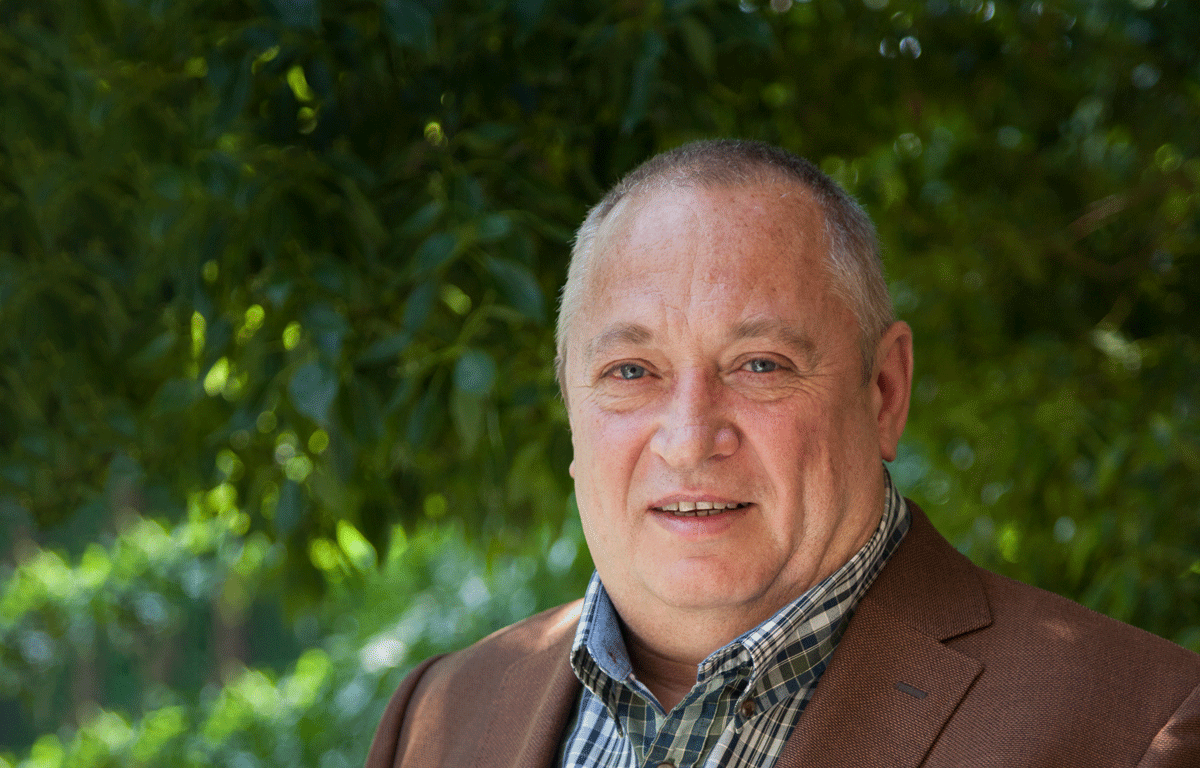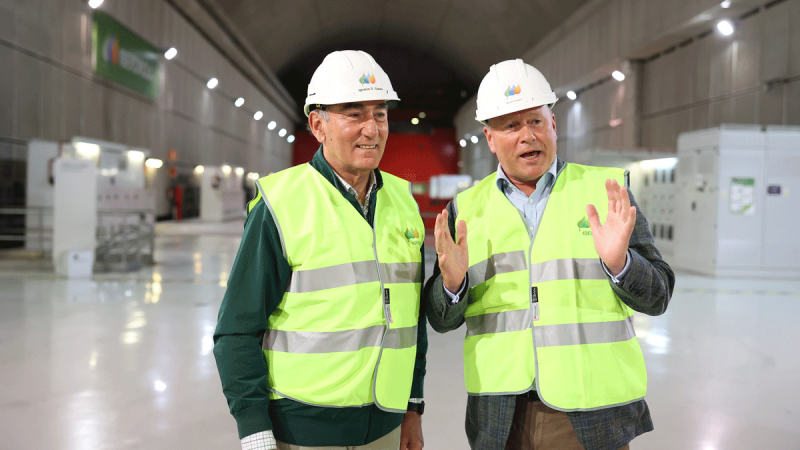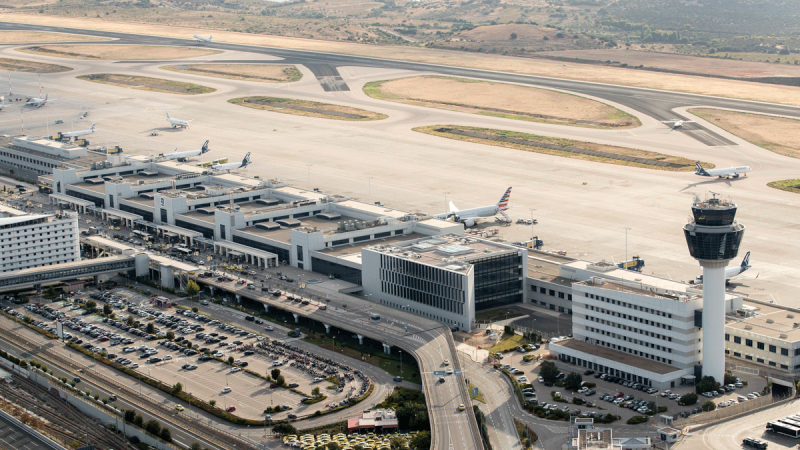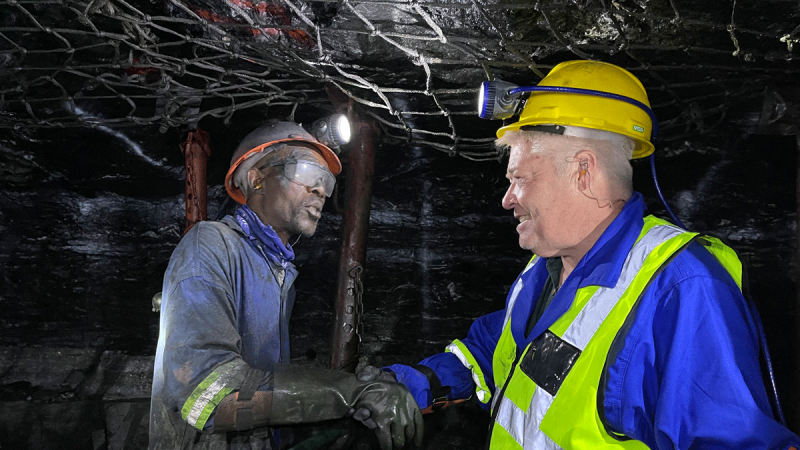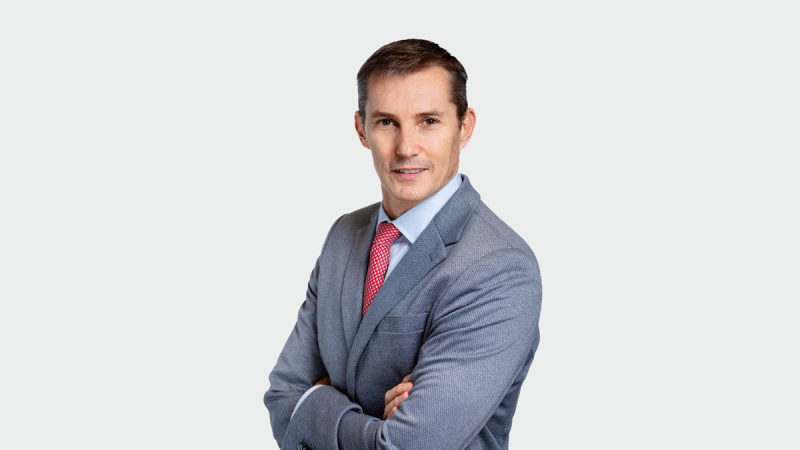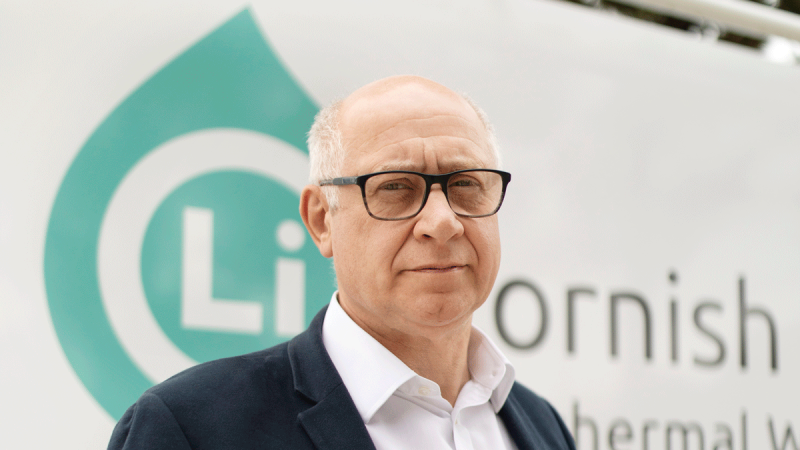Sibanye-Stillwater was founded in 2013, starting with a market capitalisation of a billion dollars based on its South African gold assets; Beatrix Driefontein and Kloof. Over the last decade, the company has grown and transformed, diversifying from being one of the world’s top ten gold producers into becoming one of the world’s largest primary producers of platinum and palladium. It has also diversified into a multinational mining and processing business, with a portfolio of operations around the world, including operations, projects, and investments on five continents.
“In addition to our gold and platinum group metals (PGMs), we refine nickel and produce chrome copper and cobalt, and we are busy building and investing in new lithium projects as well,” explains Neal Froneman, CEO of Sibanye-Stillwater.
As well as its globally leading mining operations, Sibanye-Stillwater is also one of the world’s leading recyclers of PGM autocatalysts. When we speak to Froneman the Group has just acquired a new e-waste recycling business in the USA. This is at the same time as the Group is growing its portfolio of secondary mining assets and tailings treatment operations, adding to its controlling stake in DRDGOLD, a company that re-treats gold tailings in South Africa, and a 100% stake in Australian zinc producer New Century – one of the greenest producers of zinc in the world.
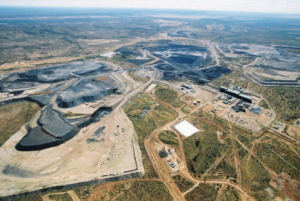 Greener Metals
Greener Metals
It is a diverse collection of businesses, but they all come together to fulfil one unified vision.
“Our focus is the imperative of decarbonisation across the globe and that is why we are pivoting towards becoming a green metals company,” Froneman says. “We are unique in our portfolio of PGMs, battery metals and of course, gold, and the recycling business adds to our environmental credibility. But the biggest constraint in decarbonising the planet is that critical metals are in short supply.”
Froneman is right – a successful transition to green energy is going to require enormous quantities of metals such as lithium and PGMs.
“PMGs that are critical to the growth of the hydrogen economy; battery metals and uranium are all essential, and we are focused on recycling and secondary mining assets as well,” Froneman says. “Our portfolio has long-life assets with significant optionality, and we have carefully positioned ourselves for this current downturn with a strong balance sheet and a rigid capital allocation framework that even under difficult periods pays good dividends.”
In its mission to source those metals and help the world’s decarbonisation efforts, the company has expanded from a billion dollars to something much bigger, even in the face of depressed commodity prices. The company has grown from a market capitalisation of 10 billion rand to 60 million rand today. It has generated a cumulative 71 billion rand of free cash flow and paid out 37 billion in dividends.
“Our purpose is to safeguard local sustainability through our metals and our vision is to create leading, superior value for all stakeholders, including but not limited to shareholders,” says Froneman. “We have geographically diversified assets reinforced by green metals that will underpin the green transition. We are an excellent integrator and creator of value by being counter-cyclical.”
Sibanye-Stillwater’s low-cost, scalable lithium projects are clearly focused on the European and US ecosystem. In 2026 its Keliber lithium project will become the first fully integrated lithium hydroxide producer in Europe. Its raw materials are earmarked for European gigafactories. This leaves the Group well-positioned for the transition away from the internal combustion engine, albeit Froneman believes that the expectations for BEVs to penetrate the global auto sector are overdone and that internal combustion engines and PGMs will continue to play an important role for the foreseeable future.
“We have a very strong ESG focus advanced by these green metals and what really differentiates us as an organisation and a recognised force for good is that we continue building in times of depressed commodities,” Froneman shares.
Anti-Fragile
Sibanye-Stillwater’s continuing adaptation to meet the needs of the green economy is simply one facet of what Froneman calls the company’s “anti-fragile” culture. It is a culture that Sibanye-Stillwater demonstrated ably during the COVID-19 pandemic. At the centre of the Group’s strategy is a recognition that the economy is ever-changing, and a business cannot succeed only by preparing for the boom times.
“We employ 85,000 people, so during Covid we had a huge responsibility for their wellbeing,” Froneman tells us. “We led the way in the South African mining industry by developing health protocols in underground mining designed to mitigate risk while ensuring our business had continuity and people continued to earn a living wage. When events like these disrupt our business, our organisational culture means we are well-positioned to deal with it, even finding opportunities to prosper.”
“We formed partnerships with government to secure vaccines and inoculate people, at one point looking at bringing in our own vaccines,” Froneman tells us. “We are making significant contributions socially, financially and even from a technical and a medical point of view.”
Sibanye-Stillwater also utilised its own extensive medical resources, converting employee accommodation and medical facilities into quarantine and treatment facilities.
Sibanye-Stillwater’s approach meant it saw far lower COVID rates at its mines than prevalent in local communities, while its employees continued to receive wages and benefits even during the lockdown. The Group’s board and executive also took steps to support those communities through substantial donations.
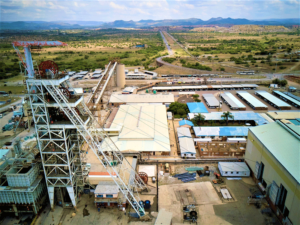 More Precious Than Platinum
More Precious Than Platinum
It is an outcome that Froneman is happy with, because, as he tells us, “Our people are our most important asset- and I hate referring to them as an asset, but they are the most important aspect of our company.”
When it comes to attracting those people who make the Group what we see today, Sibanye-Stillwater’s commitment to sustainability has proven invaluable for attracting talent, but that is only one reason the firm is a sought-after employer.
“We are a digital-first organisation, we have embraced the virtual workplace concept, encouraging people to work from home where possible, and that appeals to many people,” Froneman emphasises. “We provide good incentives and a competitive offering, and we invest in growth and development. We are a dynamic company and there are many opportunities for people to grow with us, vertically and horizontally.”
Sibanye-Stillwater invests in talent development through scholarships, bursaries, and training, which, combined with high ESG standards, a clear mission and competitive remuneration makes Sibanye-Stillwater an appealing prospect for employment.
And the Group’s prospects are definitely something to watch moving forward.
“The future is exceptionally bright,” Froneman agrees. “We are a values-based organisation with a strong, well-defined strategy. We are unique in terms of our portfolio of metals, we are geographically diversified, and we will continue growing along that trajectory. We have long-life assets which means we will be around for a long time, and our combination of primary mining, secondary mining and recycling means our portfolio is well rounded and our future is secure.”
A logical further strategic step for Sibanye-Stillwater is a possible segue into providing sustainable energy solutions, which is not typical for a mining company, but provides the company with an additional area of exciting potential growth.
“Using our unique metals to develop energy solutions is another part of our business that could well grow into something quite substantial,” Froneman says.
